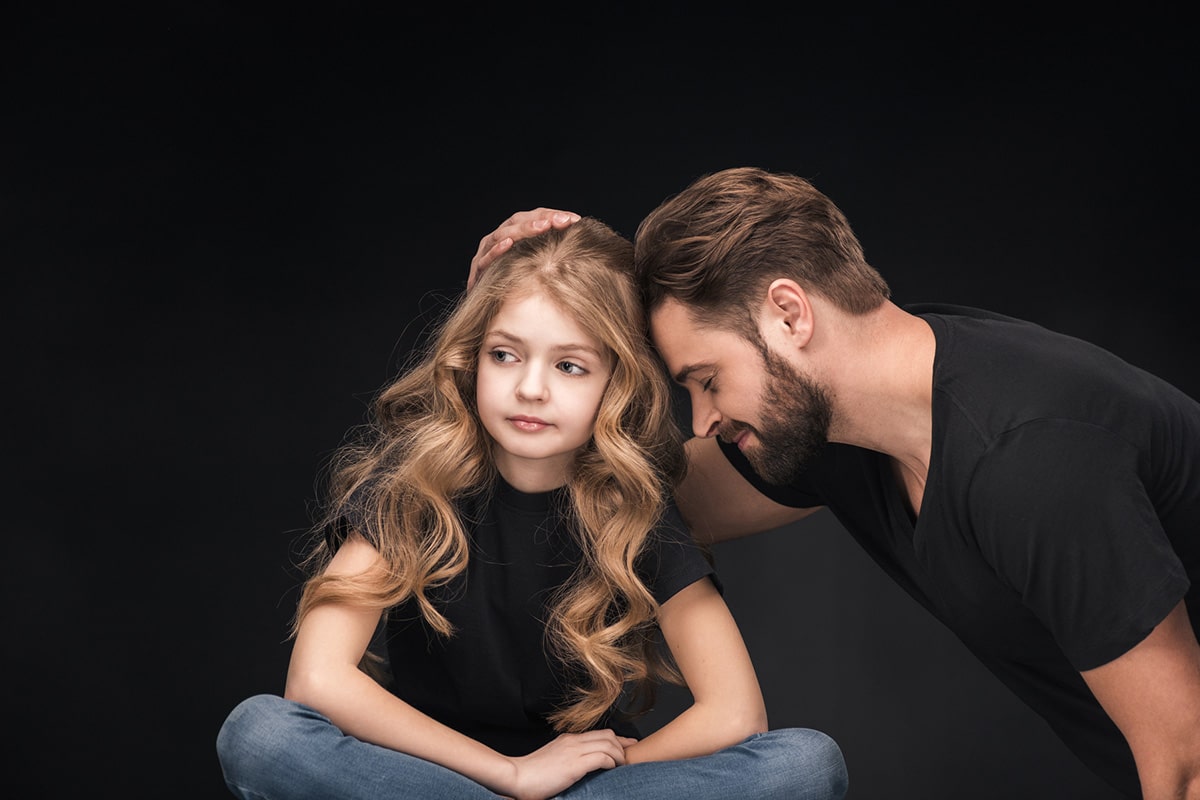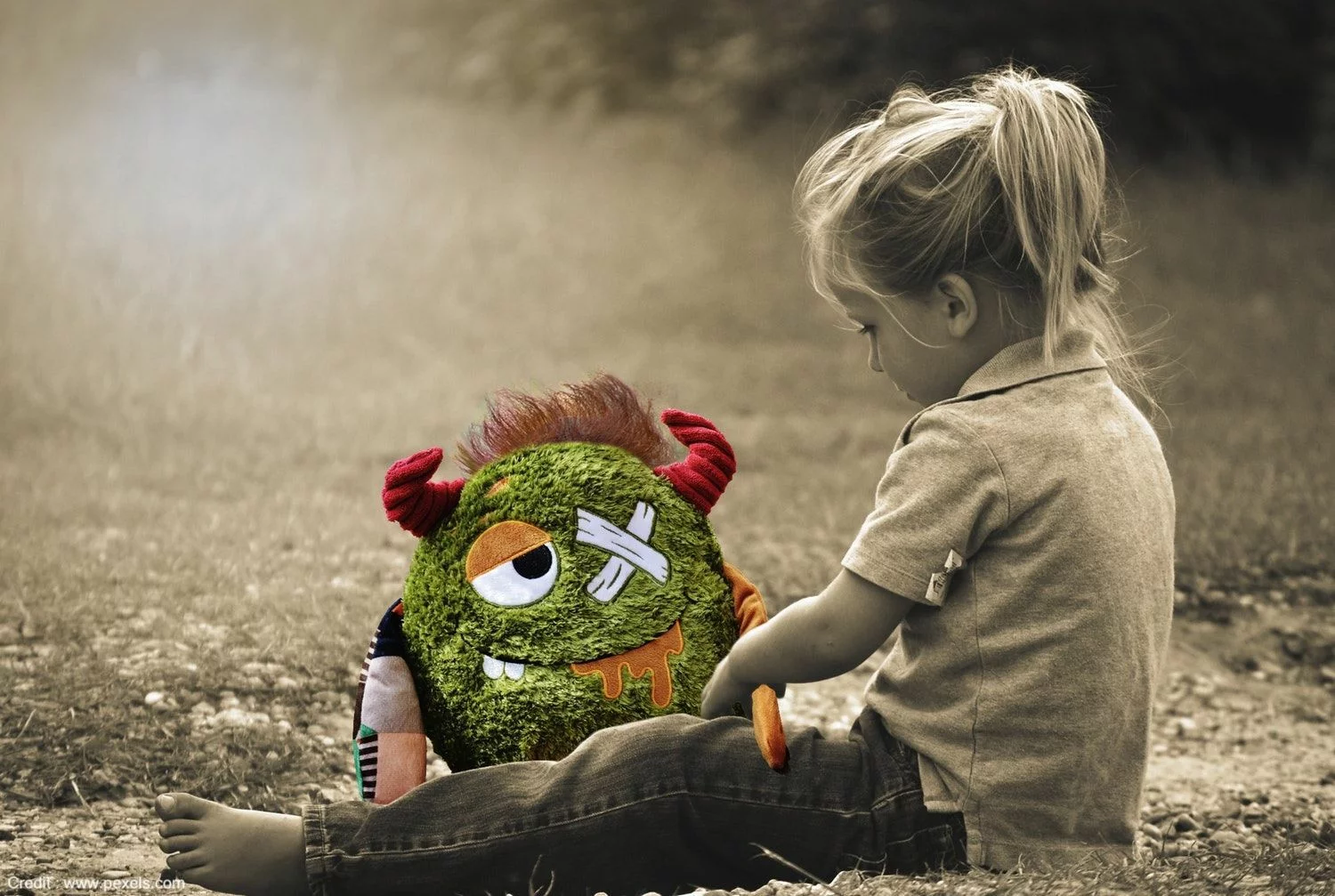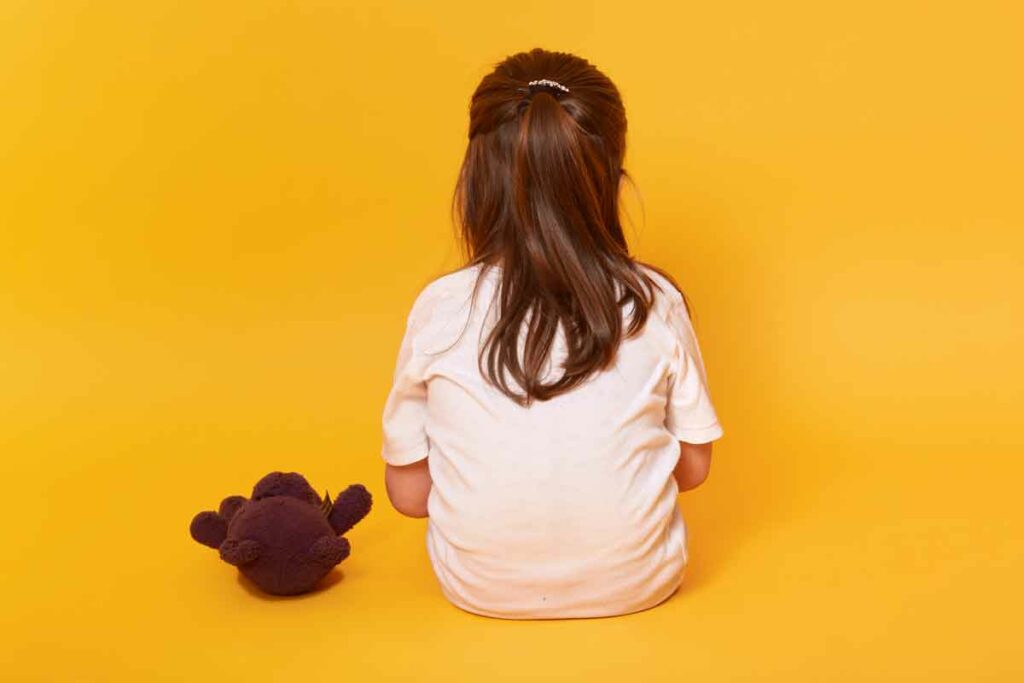Childhood sexual abuse is a major trauma with serious psychological and physical consequences that can last long into adulthood. Understanding the impacts of this type of abuse, and how to address it, is important in getting the right kind of treatment.
Experiencing childhood sexual abuse is a serious trauma with repercussions that can last far into adulthood. The emotional and psychological effects of childhood sexual abuse can impact nearly every aspect of life, from intimate relationships to physical health. If you are a survivor of childhood sexual abuse, it is critical to connect with professional support in order to identify and treat the impacts of this trauma, and to give yourself the best chance for a happy, healthy life.
What Defines Sexual Abuse?
Most people consider childhood sexual abuse in physical terms, where a child was touched or otherwise abused for the sexual gratification of the abuser. However, sexual abuse is broader than only physical abuse, and can also include:
- Verbal sexual abuse – when comments or writing, such as sexting, sexually suggestive remarks, sexual advances, or jokes are directed towards a child
- Visual sexual abuse – when a child is exposed to sexual images or situations
- Covert sexual abuse – when a child is subject to grooming, emotional manipulation, body shaming, or has been photographed or recorded without their knowledge
- Ritualistic sexual abuse – sexual abuse of a child in the name of a spiritual or religious reason or experience, such as child marriage, genital mutilation, or other molestation
These types of sexual abuse, along with physical sexual abuse, can have lifelong impacts on a person’s ability to trust others, and may instill deep feelings of shame, anger, and despair.
What are the Long-Term Effects of Childhood Sexual Abuse?
Not all survivors will have clear memories of their abuse. Some will repress it, and may be confused when triggers elicit emotions that are difficult to understand. Others may not understand that what happened was abuse until they are adults, at which time they may feel the effects of the trauma on their mental and physical wellbeing. Knowing the effects of childhood sexual abuse can help you determine if what you are experiencing may be related to this type of trauma.
1. Increased Risk of Mental Health Issues
Childhood sexual abuse inflicts a serious trauma on a developing mind, which heightens the potential for a variety of mental health issues that may not begin to develop until later in life. Some common mental health issues influenced by this kind of abuse include:
- Post-traumatic stress disorder (PTSD) – Common among survivors of childhood sexual abuse, symptoms of this disorder can include emotional numbness and detachment, a heightened sense fear or shame, avoidance of sexual or intimate situations, flashbacks or sudden memories of the event, repressed memories, and difficulties with sleeping and concentration.
- Anxiety disorders – Childhood sexual abuse can also factor into the development of a variety of anxiety disorders, which can include symptoms like persistent and overwhelming fear and worry, difficulties sleeping or concentrating, feelings of panic or doom, and a heightened pulse and respiration rate.
- Depression – Numerous studies have correlated childhood sexual abuse and depression, which includes symptoms such as persistent sadness, emptiness and hopelessness, fatigue, disturbances to eating and sleeping habits, feelings of guilt, shame or worthlessness, irritability or angry outbursts, loss of interest in previously enjoyed activities, and suicidal ideation or attempts.
- Eating disorders – Research has also linked childhood sexual abuse to the development of eating disorders, which is thought to be connected to a survivor’s attempt to regain control over their body through the intake of food.
2. Increased Risk of Sex Addiction
Some childhood sexual abuse survivors will eschew intimacy in an attempt to avoid triggering painful memories or emotions, but others may fall into a pattern of risky sexual behaviour and even sex addiction. Sex addiction is characterised by compulsive, sometimes dangerous sexual behaviour that is later followed by feelings of guilt and shame. Like with other addictions, those who are addicted to sex will pursue it despite the costs to personal relationships or health, and may face difficulty in attempting to change this behaviour without professional help.
3. Increased Risk for Substance Abuse Disorders
Childhood sexual abuse increases the risk for substance misuse, with one study finding that 69% of men and 81% of women undergoing treatment for substance addiction had a history of childhood sexual abuse. This is thought to be linked to the attempt by survivors of abuse to cope with the aftermath of their trauma by using drugs or alcohol, but may also be influenced by a family history of addiction.
4. Difficulty in Forming Healthy Relationships
The trauma inflicted during childhood sexual abuse dramatically impacts the ability of a survivor to trust others, and can lead to a marked fear of intimacy and either an avoidance of or compulsion towards sexual behaviour. Some people may be drawn back into abusive relationships due to their exposure to early harmful role models and an unconscious gravitation towards similar relationship dynamics. Some common challenges in intimate relationships faced by those who have experienced childhood sexual abuse include things like:
- Suspicion regarding partner’s motives or intentions
- Feelings of self-doubt, low self-worth, and shame
- Fear of intimacy
- Difficulty communicating
- Overwhelming emotional reactions to triggers
- Inability to orgasm
- Practicing avoidant styles of coping or relating
- History of abusive, toxic relationships
If left unaddressed, these factors can create significant barriers in forming healthy relationships.
5. Physical Health Issues
The effects of childhood sexual abuse on a person’s long-term physical health are staggering, as this type of trauma has been linked to higher rates of:
- Heart disease
- Sexually transmitted infections
- Early pregnancy
- Cancer
- Obesity
- Diabetes
If someone is living with substance addiction or an eating disorder as a result of their abuse, this too can create additional risks to physical health, greatly impacting a person’s quality of life.
How to Treat the Effects of Childhood Sexual Abuse
The trauma caused by childhood sexual abuse has complex impacts on the brain, and therefore requires professional, holistic treatment in order to fully address its effects and produce the best outcomes. A mental health specialist may recommend a range of trauma-specific treatment modalities, which might include things like:
- Trauma-Focused CBT – a form of cognitive behavioural therapy that specifically addresses the mental and emotional needs of trauma survivors who are struggling to overcome the damaging effects of past traumatic events
- EMDR (Eye Movement Desensitisation and Reprocessing) – a type of psychotherapy that processes past trauma through the practice of specific eye movements, which helps rebuild positive pathways within the mind and results in stronger coping mechanisms that can shield the individual from negative thought patterns
- Tension and trauma-releasing exercises – basic exercises designed to help relieve tension and release stress stored in the body, decreasing the intensity of trauma-related symptoms
Overcoming the Effects of Childhood Sexual Abuse at The Dawn Thailand

The Dawn Wellness Centre and Rehab Thailand offers a highly specialised and effective Trauma Treatment Programme for individuals struggling with mental health or addiction disorders – including sex addiction and substance addiction – due to traumatic life experiences like childhood sexual abuse.
Why Clients Choose Trauma Treatment at The Dawn
At The Dawn, we have designed our programme to include both psychological and physical components for truly holistic healing, including:
- Trauma reduction therapy (TRT)– treats the effects of childhood trauma and the resulting developmental immaturity and codependency
- Visualisation therapy – a wellness technique that harnesses the brain’s positive response to images to help manage one’s emotions and challenges more effectively
- Transcranial magnetic stimulation (TMS) – a cutting-edge technology that improves symptoms of depression, anxiety, trauma and addiction
- Trauma-focused cognitive behavioural therapy (TF-CBT)
- Eye movement desensitization and reprocessing (EMDR)
- Trauma release exercises (TRE)
A Safe Haven: Trauma/PTSD Treatment in Thailand
Located on the outskirts of Chiang Mai along the banks of the beautiful Ping River, The Dawn is a healing oasis of calm in a resort-like setting. Internationally accredited by the American Accreditation Commission International and licensed by the Thai Ministry of Health, our residents have all the comforts and amenities they need to relax and heal.
With no more than 30 residents at any time, The Dawn offers highly personalised and attentive services to each and every client. Call us today to learn more about how we can help you overcome the effects of childhood sexual abuse and live a full, healthy life.
Related Posts
 Childhood Trauma: Causes, Symptoms and Treatment Techniques That Can Help You Move Forward
The National Institute of Mental Health in the United States defines childhood trauma as, ‘’The experience of an event by a child that is emotionally painful or distressful, which often results in...
Childhood Trauma: Causes, Symptoms and Treatment Techniques That Can Help You Move Forward
The National Institute of Mental Health in the United States defines childhood trauma as, ‘’The experience of an event by a child that is emotionally painful or distressful, which often results in...
 Too Close for Comfort: The Damage Caused by Covert Incest
A child’s love for their parents is strong – but what happens when this natural bond is exploited by a parent unable or unwilling to set appropriate boundaries? Survivors of...
Too Close for Comfort: The Damage Caused by Covert Incest
A child’s love for their parents is strong – but what happens when this natural bond is exploited by a parent unable or unwilling to set appropriate boundaries? Survivors of...
 Hidden Wounds, Lasting Hurt: Understanding Childhood Emotional Abuse
Childhood emotional abuse can be subtle and nuanced, or even so routine that it seems almost normal. For adult survivors of childhood emotional abuse, knowing how the abuse has shaped...
Hidden Wounds, Lasting Hurt: Understanding Childhood Emotional Abuse
Childhood emotional abuse can be subtle and nuanced, or even so routine that it seems almost normal. For adult survivors of childhood emotional abuse, knowing how the abuse has shaped...
 The Effects of Childhood Trauma in Adults
Childhood has the potential to create some of our finest memories that will stay with us forever, and comfort us through difficult times in the future. But our ability to...
The Effects of Childhood Trauma in Adults
Childhood has the potential to create some of our finest memories that will stay with us forever, and comfort us through difficult times in the future. But our ability to...





